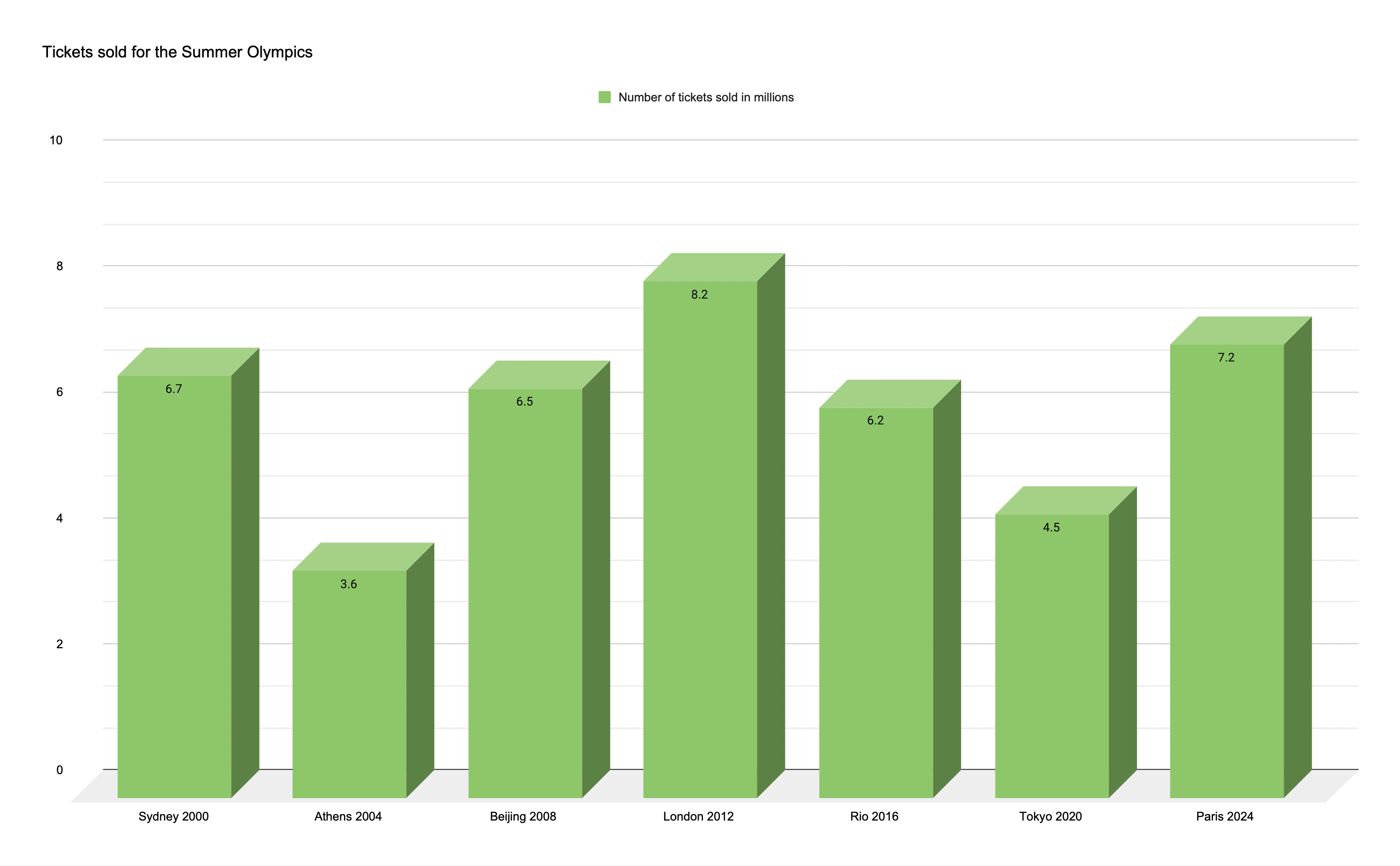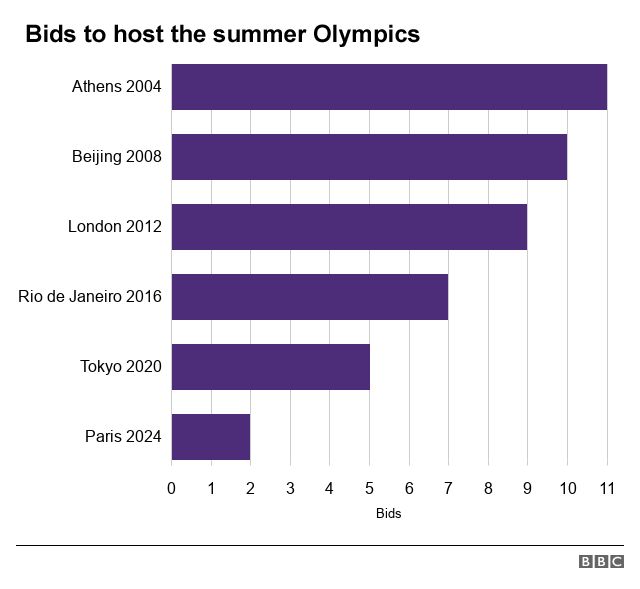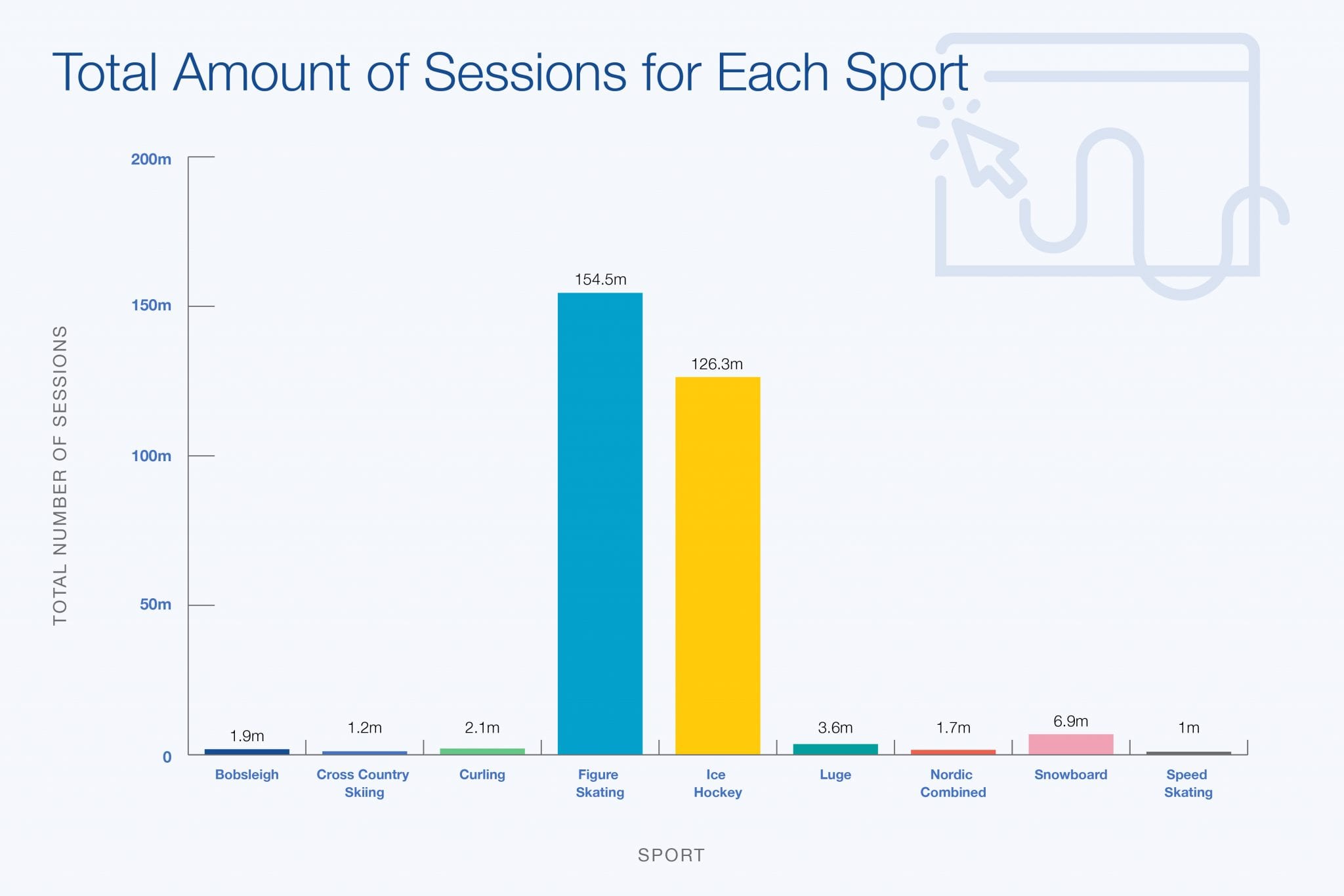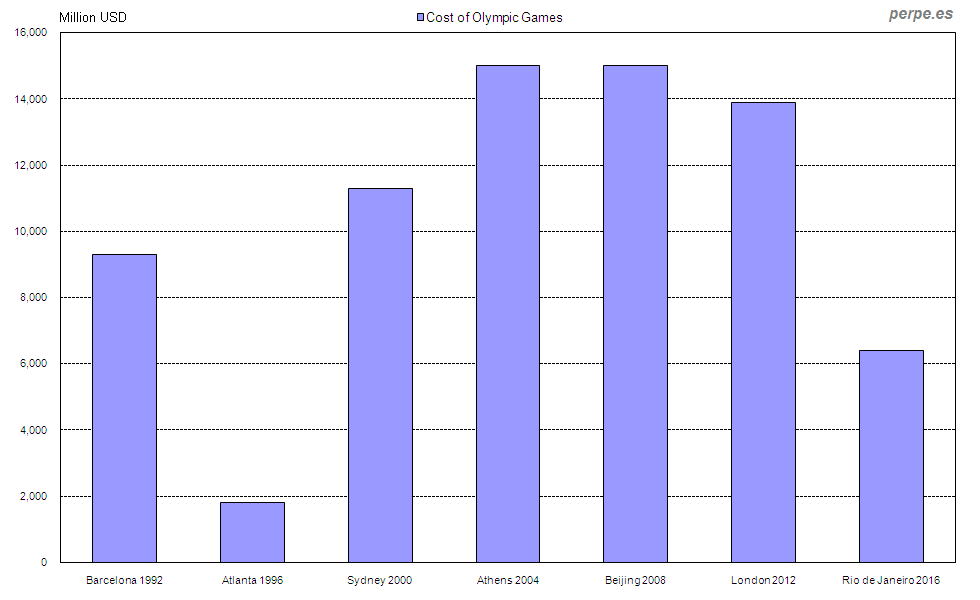Table of Contents
- The Olympics by numbers - for people who love data and sports (but ...
- The games have grown from 14 countries in 1896 to 204 today Summer ...
- Olympic Summer Games share of tickets sold 1984-2012 | Statistic
- 80+ Top Summer Olympics Statistics 2024
- How the Olympics became bigger and more diverse
- The Winter Olympics By The Numbers - Virginmedia.ie
- Olympic Games: Why cities are snubbing the 'greatest show on Earth ...
- We Know the Open Web’s Most Popular Sports at this Year's Winter Olympics
- Gasto de los Juegos Olímpicos desde 1992 / Cost of Olympic Games since ...
- Chart: Olympic Winter Games Bring In Billions for the IOC | Statista


The 2018 Pyeongchang Winter Olympics, held in South Korea, generated a staggering $2.2 billion in revenue for the IOC. This figure is a testament to the enduring popularity and financial viability of the Olympic Winter Games. The majority of this revenue came from broadcasting rights, which accounted for a whopping $1.1 billion. Sponsorship deals and ticket sales also contributed significantly to the overall revenue, with $761 million and $255 million, respectively.


Revenue Streams of the Olympic Winter Games


- Broadcasting Rights: The sale of broadcasting rights to media companies around the world is the single largest source of revenue for the IOC. The 2018 Pyeongchang Winter Olympics saw broadcasting rights sold to major networks in over 200 territories, generating an unprecedented $1.1 billion.
- Sponsorship Deals: The IOC secures lucrative sponsorship deals with major brands, which provides significant revenue. The 2018 Pyeongchang Winter Olympics had several high-profile sponsors, including Coca-Cola, McDonald's, and Visa, contributing $761 million to the IOC's coffers.
- Ticket Sales: Although ticket sales account for a smaller portion of the overall revenue, they still contribute substantially. The 2018 Pyeongchang Winter Olympics generated $255 million from ticket sales, with many events selling out quickly.


Future Prospects and Challenges

Despite these challenges, the Olympic Winter Games remain a premier international sporting event, with a loyal following and significant financial backing. The IOC's ability to secure substantial revenue from broadcasting rights, sponsorship deals, and ticket sales ensures the long-term viability of the Olympic Winter Games.

For more information on the financial aspects of the Olympic Winter Games, visit Statista, a leading provider of market data and statistics. With its comprehensive database and expert analysis, Statista offers valuable insights into the world of sports and beyond.